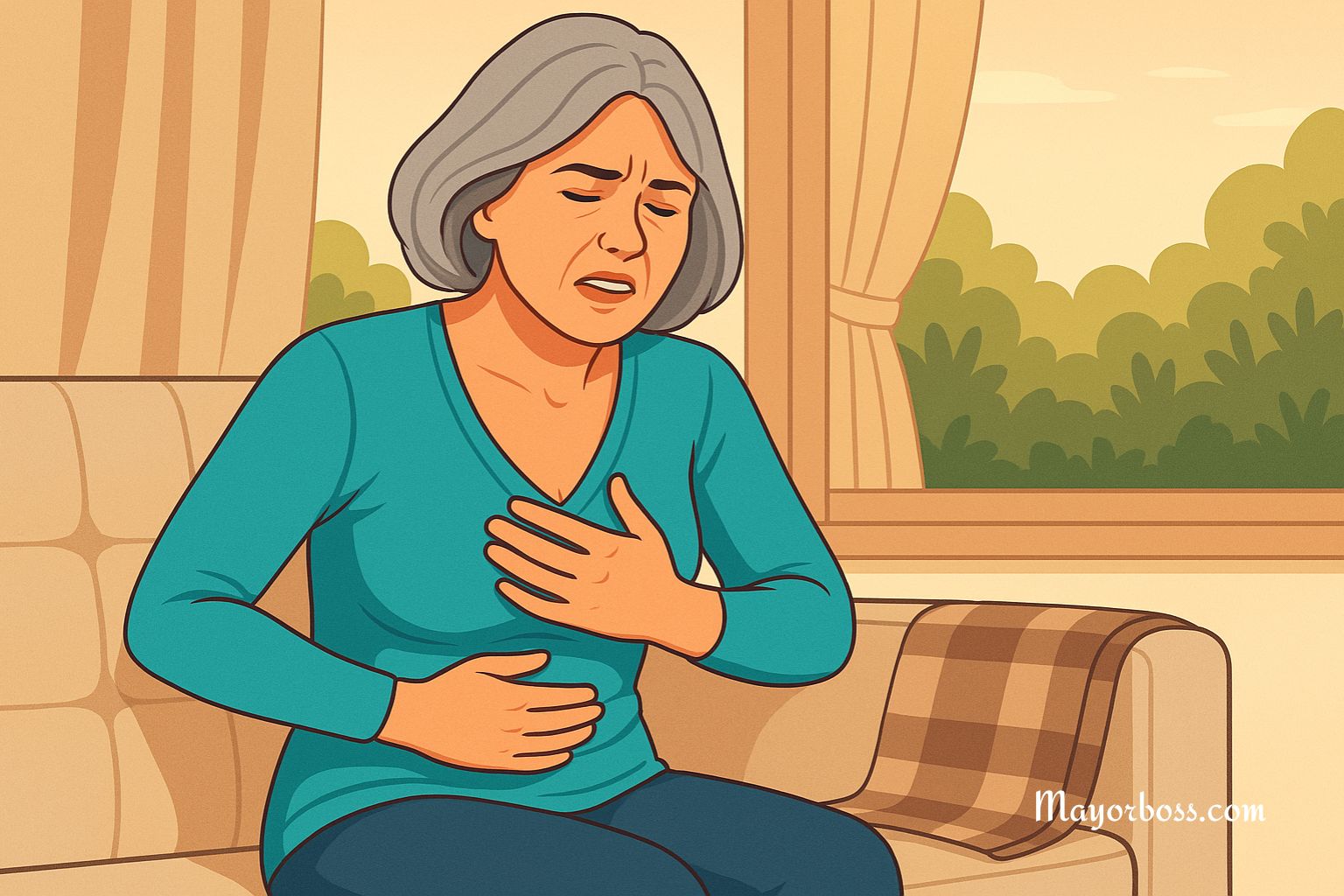How to Stop a Heart Attack
A heart attack is a serious medical emergency. It happens when the blood flow to the heart is suddenly blocked. Without oxygen-rich blood, the heart muscle begins to die. Quick action can help limit the damage and save a life. Knowing what to do in those first few minutes is critical.
In this article, you will learn how to recognize the signs of a heart attack, what steps to take immediately, and how to reduce the chance of one happening in the first place.

Know the Warning Signs of a Heart Attack
A heart attack does not always happen the same way for everyone. The symptoms can start suddenly or build over time. Some people may have only mild symptoms. Others may experience intense chest pain.
Common signs include:
- Chest pain or pressure, often described as tightness or squeezing
- Pain spreading to the arms, back, neck, jaw, or stomach
- Shortness of breath
- Cold sweat
- Nausea or vomiting
- Lightheadedness or fainting
- Unusual fatigue, especially in women
Do not ignore these symptoms. Even if you are not sure it is a heart attack, get help immediately. Delaying treatment increases the chance of heart damage.
Call for Emergency Help Right Away
The first thing you should do if you suspect a heart attack is to call emergency services. In most places, that means dialing 911.
Do not attempt to drive yourself or let someone else delay treatment by driving you to the hospital. Emergency medical services (EMS) can start life-saving care immediately, including using a defibrillator if your heart stops.
Every second counts. The faster you receive treatment, the better the outcome.
Chew an Aspirin
If the person is not allergic and has no history of aspirin-related problems, chewing one adult-strength aspirin (325 mg) or four baby aspirins (81 mg each) may help. Aspirin thins the blood and may slow the formation of blood clots, which are often the cause of a heart attack.
However, only take aspirin if instructed during your emergency call or if your doctor has advised you to do so in advance for such situations.
Do not swallow it whole. Chew it to allow quicker absorption into the bloodstream.
Stay Calm and Rest
Keeping calm is important. Panic raises the heart’s demand for oxygen and can worsen the situation. Sit down and try to rest while waiting for help to arrive.
Do not lie flat. Sitting upright or propped up may help you breathe more easily.
Avoid any physical activity. Do not try to walk, climb stairs, or push through the pain. That can strain your heart further.
Use Nitroglycerin if Prescribed
If you have been diagnosed with heart disease and your doctor prescribed nitroglycerin, take it as directed. Usually, this medicine is placed under the tongue to help widen the blood vessels and improve blood flow.
Do not take someone else’s medication. It can be dangerous if it is not prescribed for you.
What to Do If Someone Collapses
If a person suddenly collapses and does not respond, they may be in cardiac arrest. This is when the heart stops beating. It is different from a heart attack but can result from one.
Call emergency services immediately. Start chest compressions right away if you are trained in CPR. Push hard and fast in the center of the chest at a rate of 100 to 120 compressions per minute. Keep going until help arrives or an automated external defibrillator (AED) becomes available.
If an AED is nearby, follow the device’s voice instructions. It will tell you if a shock is needed and guide you through the process.
Preventing a Future Heart Attack
After emergency treatment, long-term prevention becomes key. Making lifestyle changes can help reduce the chance of another heart attack.
Some important steps include:
- Stop smoking if you smoke
- Control high blood pressure, high cholesterol, and diabetes
- Eat a heart-healthy diet low in saturated fat, salt, and added sugar
- Exercise regularly, as recommended by your doctor
- Maintain a healthy weight
- Manage stress effectively
- Take all medications exactly as prescribed
Also, attend all follow-up appointments. Your doctor will monitor your heart health and adjust treatment if needed.
Final Thoughts
You cannot stop a heart attack once it starts. But you can act fast to limit the damage and potentially save a life. Call emergency services right away. Take aspirin only if advised. Stay calm and still.
